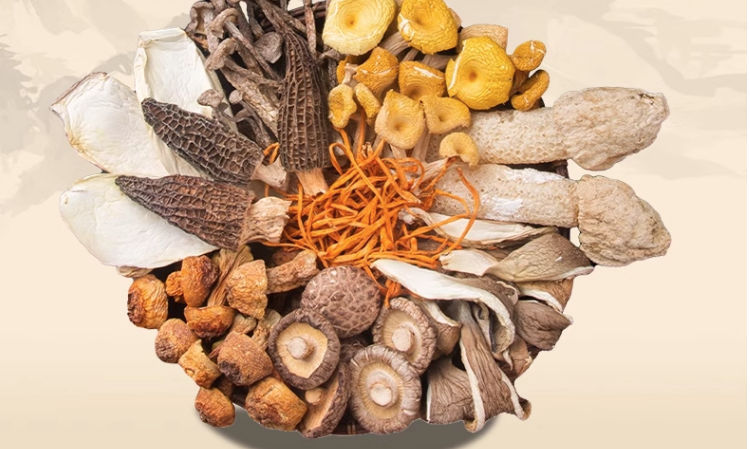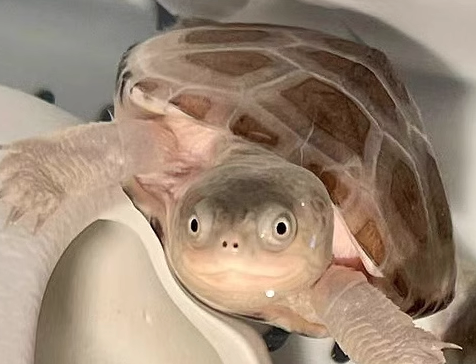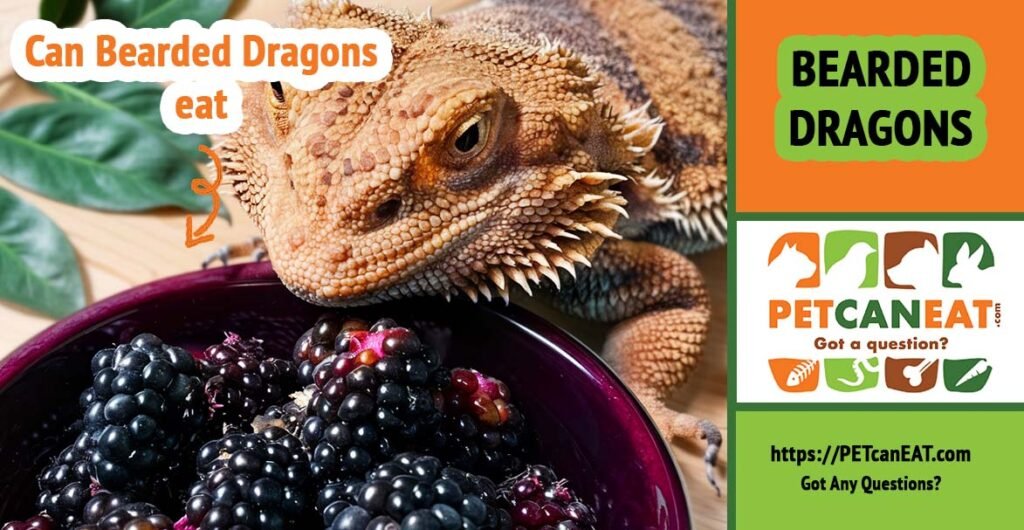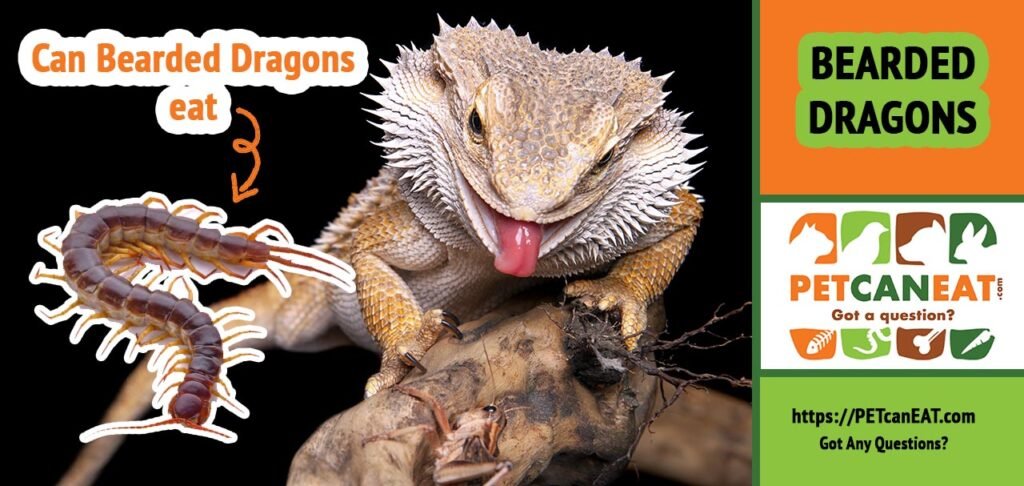Turtles, with their diverse and often omnivorous diets, intrigue many pet owners with the variety of foods they might safely consume. When considering the addition of new foods to a turtle’s diet, mushrooms come to mind for their nutritional benefits in humans. However, the suitability of mushrooms for turtles is a nuanced topic, requiring careful consideration of their nutritional content, potential risks, and the specific dietary needs of different turtle species.
Can turtles eat mushrooms? This article explores whether mushrooms can be a safe and healthy addition to a turtle’s diet.

Can Turtles Eat Mushrooms? – Overview of Mushrooms
Mushrooms are a type of fungi that come in various species, each with its unique flavor, texture, and nutritional profile. Generally, mushrooms are appreciated for their high levels of vitamins (such as D and B vitamins), minerals (including selenium, potassium, and copper), antioxidants, and dietary fiber. These nutrients contribute to several health benefits related to humans, such as supporting immune function, promoting heart health, and potentially eliminating the risk of certain diseases.
Can Turtles Eat Mushrooms?
The answer to whether turtles can eat mushrooms is complex and depends on several factors, including the type of mushroom and the turtle’s species. While some turtles might safely consume certain types of mushrooms as part of a varied diet, others may be sensitive or have specific dietary restrictions that make mushrooms inappropriate.
Benefits and Risks of Mushrooms for Turtles

Can Turtles Eat Mushroom?
- Nutritional Content: Some mushrooms can provide turtles with vitamins and minerals beneficial for their health. However, the overall nutritional benefit of mushrooms for turtles is relatively low compared to other food options more tailored to their dietary needs.
- Toxicity Risks: Some mushrooms are toxic to animals (and humans), posing a significant risk of poisoning if ingested. Only commercially grown mushrooms intended for human consumption should ever be considered; even then, caution is warranted.
- Digestibility: Turtles may have difficulty digesting certain types of mushrooms, leading to potential gastrointestinal issues.
Guidelines for Feeding Mushrooms to Turtles
Given the potential risks associated with feeding mushrooms to turtles, here are some guidelines if you decide to offer any amount to them as an occasional treat:
- Choose Safe Varieties: Only offer mushrooms known as safe for human consumption, such as button, cremini, or portobello mushrooms. Avoid wild mushrooms due to the high risk of toxicity.
- Offer in Moderation: If included in their diet, mushrooms should be offered in very small quantities and infrequently to avoid any adverse effects.
- Observe Your Turtle: Monitor your turtle for any signs of digestive upset or allergic reactions from consuming mushrooms, and discontinue immediately if any adverse effects are observed.

Alternatives to Mushrooms
Considering the limited nutritional benefits and potential risks of mushrooms for turtles, focusing on other vegetables and fruits known to be safe and more nutritionally beneficial for turtles is advisable. Leafy greens (such as broccoli, dandelion greens, kale, and collard greens), squash, carrots, and certain fruits can provide a more suitable and balanced diet for turtles.
Can Turtles Eat Mushrooms? – Conclusion
While mushrooms can be nutritious for humans, their suitability for turtles is limited and potentially risky. So, can turtles eat mushrooms? The best approach is to prioritize a diet that meets your turtle species’ specific (or recommended) nutritional needs, focusing on foods that are known to be safe and healthy for them. Always consult with a veterinarian or a reptile nutrition specialist before introducing new foods into your turtle’s diet to ensure their health and well-being.
FAQ Section
Q: Can I feed my turtle wild mushrooms I find outside?
A: No, you should never feed wild mushrooms to your turtle due to the high risk of toxicity. Only commercially grown mushrooms deemed safe for human consumption should even be considered, and then only in small, infrequent amounts.
Q: What should I do if my turtle accidentally eats a mushroom?
A: If your turtle consumes a mushroom and you are unsure of its safety or observe any signs of illness, contact a veterinarian immediately. Quick action is crucial to address potential poisoning or adverse reactions.
Sharing insights and experiences regarding turtle care and diet enriches the knowledge of the community. If you have experiences with feeding mushrooms to turtles or have questions about their diet, feel free to share. This exchange of information can help turtle owners make informed decisions about their pets’ nutrition and care.








